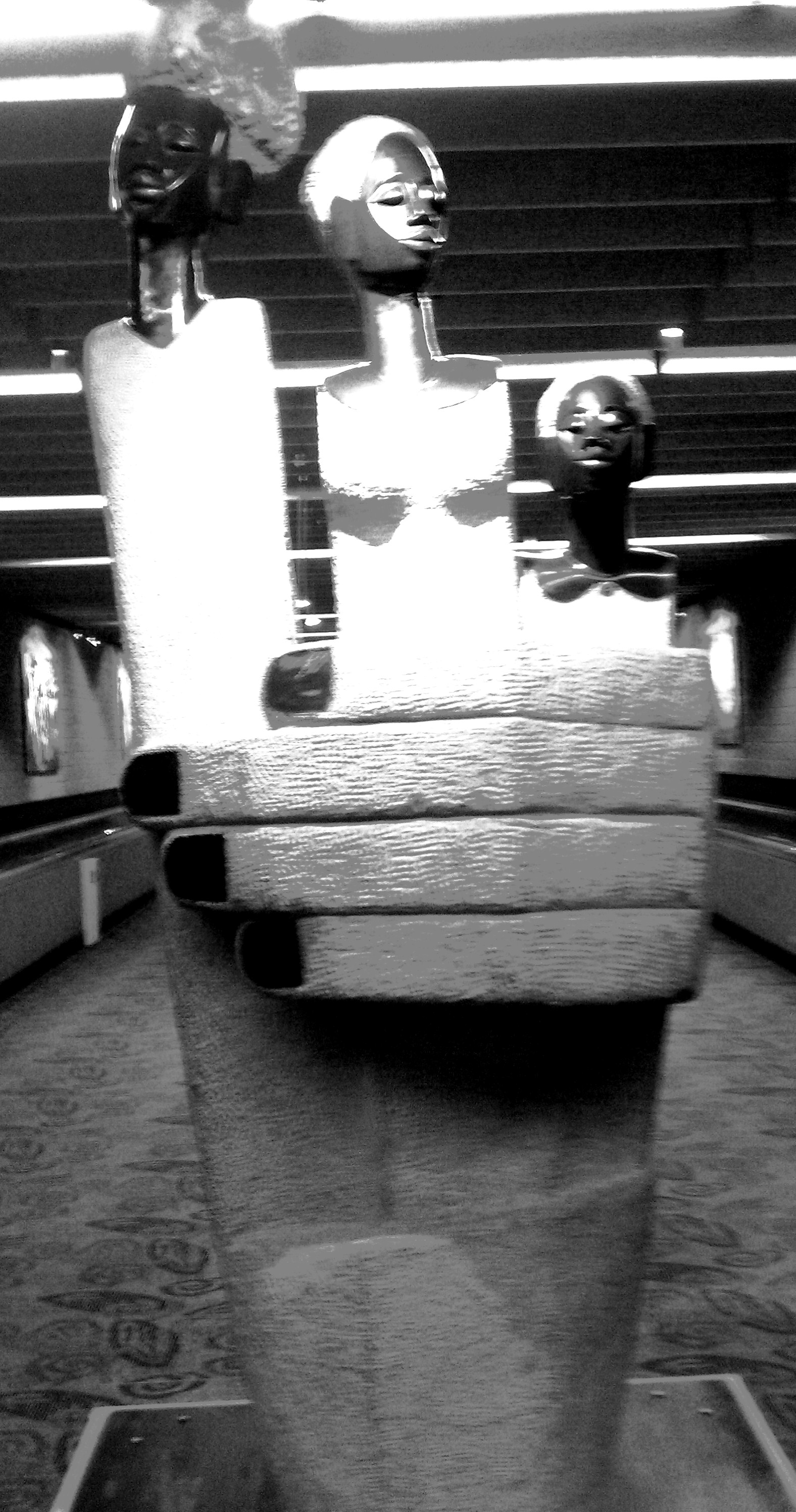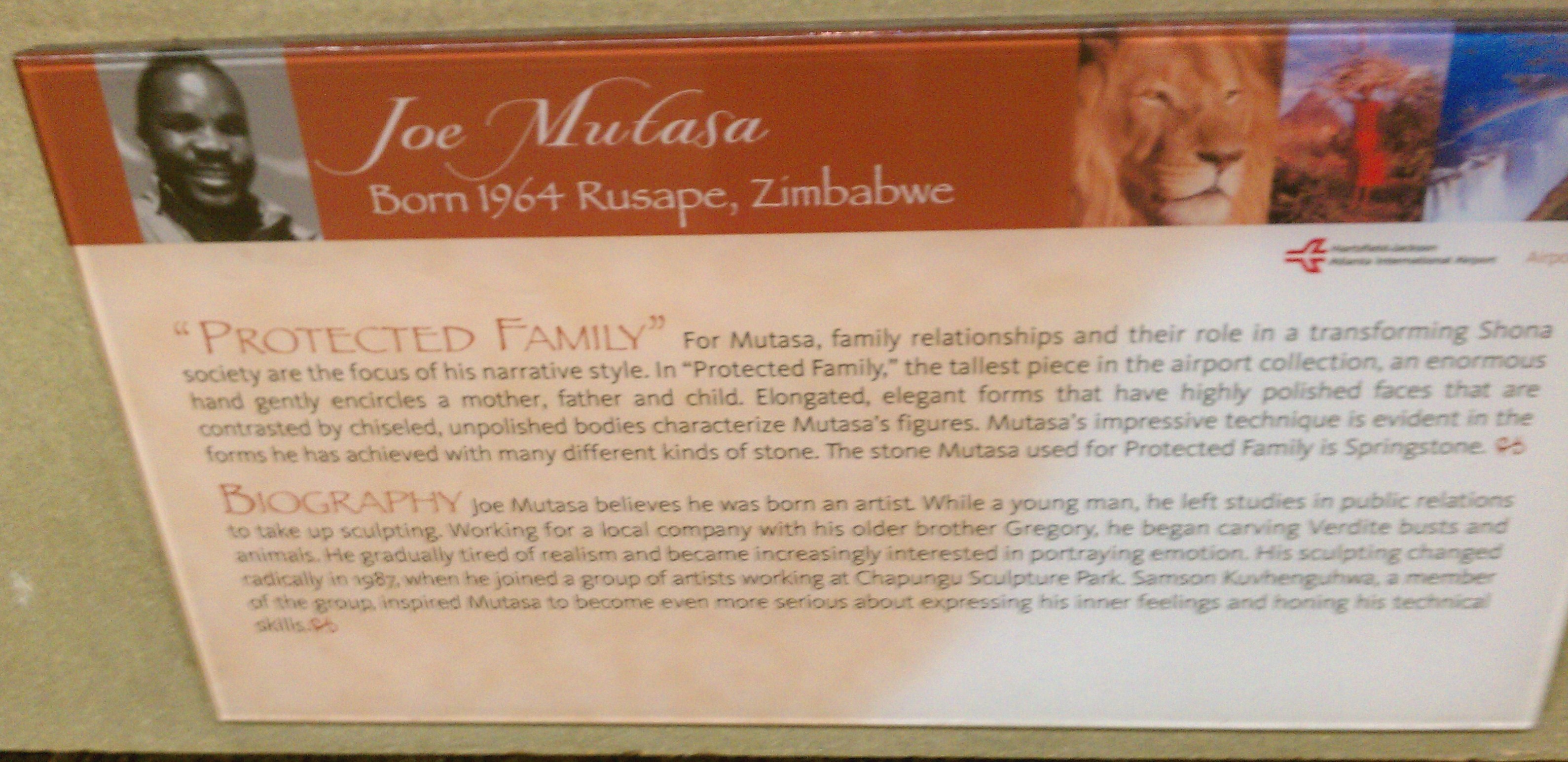
Esther 4-6
(Protected Family)
May 23rd
Produced by The Listening for God Ministry
Copyright 2016
Click here for a print- friendly version
Please refer to one or more Bible versions of your choice to read this section. We recommend that you read at least two versions for added understanding. For your convenience, we have provided six links below, each of which takes you directly to today's chapters in a specific version:
Bible Gateway
Key Verse
Esther sent Mordecai this reply: “Go and gather all the Jews in Susa together; hold a fast and pray for me. Don't eat or drink anything for three days and nights. My young women and I will be doing the same. After that, I will go to the king, even though it is against the law. If I must die for doing it, I will die.” Summary of Chapters
This middle group of chapters from the book of Esther focuses on the conflict between God and a man named Haman, who served as a high official to King Xerxes of Persia and sought to totally destroy all Jews. The author never mentions God explicitly, but we may discern that he worked through various people to thwart those plans.
And Haman told Zeresh his wife and all his friends every thing that had befallen him. Then said his wise men and Zeresh his wife unto him, If Mordecai be of the seed of the Jews, before whom thou hast begun to fall, thou shalt not prevail against him, but shalt surely fall before him.
Click back tomorrow to find out the fate of Haman and the Jews who had been slated for destruction.
Reflection and Application
The general setting in this story is not so far removed from our modern times. The threat of "ethnic cleansing" has not disappeared in our modern world. For example, it happened to ethnic Uzbeks in 2010 in Kyrgyzstan, and has been happening for the last ten years in Sudan, where hundreds of thousands of people from various ethnic groups have been killed. There are many other examples in the Mideast, Africa, and Asia. There is a continous need for prayer and action to preserve the sanctity of human life in our world.
"Don't think that just because you live in the king's house you're the one Jew who will get out of this alive. If you persist in staying silent at a time like this, help and deliverance will arrive for the Jews from someplace else; but you and your family will be wiped out. Who knows? Maybe you were made queen for just such a time as this."
If we want to honor God, we must fulfill the purpose that he has in mind for us, even if it puts our security at risk, just as Esther did. “We should pray as if all depended on God and act as if it all depended on us (1).”
Footnotes
(1) Life Application Study Bible, New International Version, Zondervan Publishing House, Grand Rapids, M; 1991 p. 829
Looking Ahead
Tomorrow's reading: Esther 7-10 (Esther to the Rescue)
Esther 4-6 (King James Version - KJV)
Esther 4-6 (New Revised Standard Version - NRSV)
Esther 4-6 (New International Version - NIV)
Esther 4-6 (The Message - MSG)
US Conference of Catholic Bishops
Esther 4 (New American Bible - NAB) (click the "next chapter" link on the site for chapters 5-6)
British Bible Society
Esther 4 (Good News Bible - GNB) (click next for chapters 5-6)
- Esther 4:15-16 (GNB)
Chapter 4 explains how a Jew named Mordecai persuaded his niece Esther to try to help save their people from Haman’s “edict for their annihilation.” Esther had become queen to King Xerxes, as explained in yesterday's study, but had not revealed her Jewish heritage to the king or his officials. In response to Mordecai's request, Esther asked all the Jews in Susa to fast and pray as she committed to talk to the king, which she was willing to do at the risk of her own life. Esther approached the king and invited him and Haman to a banquet, as noted in chapter 5. She then invited them to a second banquet, at which she promised to make her request.
In chapter 6 we learn that King Xerxes couldn’t sleep the night before the second banquet, so he reviewed some old documents and discovered that Mordecai once revealed an assassination plot against him, but had never been properly rewarded. It was with great irony for the reader to discover the king ordering Haman to dress Mordecai in a royal robe and parade him through the streets. Haman had suggested this treatment thinking that the honor was going to be accorded to him, but instead, it went to his adversary - the man who would not bow down to him, a presumed lack of deference that had led to Haman's evil edict to terminate all Jews. But his anger burned most strongly against Mordecai, who he wanted hanged. Therefore, Haman became greatly distressed when the events began to turn against him.
And while they were yet talking with him, came the king's chamberlains, and hasted to bring Haman unto the banquet that Esther had prepared.
- Esther 6:13-14 (KJV)
What compels leaders and nations to conduct such cruel campaigns? Is it greed, pride, or some other motivator? In the case of today's scripture, pride was the root cause. Haman had so much pride that he was planning to kill an entire nation of people just because one of them would not bow down to him. He was blinded by pride and it became his downfall, as we shall see in tomorrow’s study. We must be careful not to become Hamanites who worship our own pride above God and others.
The story of Esther reminds us that God puts us in a position for a reason. Mordecai makes this point to her in chapter 4:
- Esther 4:13-14 (MSG)
The events here remind us of the many ways that God intervenes in our world and protects his family: Mordecai just happens to overhear a plot, and then helped to avert it. King Xerxes was not able to sleep one night and just happens to review old records to discover that Mordecai had never been rewarded. These were not coincidences but part of God’s plan to ensure survival of a remnant of Jewish people. How is God intervening in your life today? His ways may be subtle. Therefore, the time we spend in quiet study and reflection helps us to be more aware of the ways he might reach out to us: Through events, through other people, through a whisper, or by other means.
Questions and Prayers for Further Reflection
Related Questions
Recommended Prayer
Father in heaven, we know you have a purpose in mind for each of us - help us to understand what our purpose is and then help us to sculpt our lives accordingly.
Suggested Prayer Concerns
Nations and tribes of people who are threatened by ethnic "cleansing" and genocide conducted by their neighbors
Today's photograph depicts a sculpture titled "Protected Family." It was created by the artist Joe Mutasa from Zimbabwe and was featured in an exhibit at the Atlanta International Airport. The photograph was taken in March 2012. You can read more about Mutasa at the following website Zimsculpt.com

Comments and Questions
If you have comments or questions, please add them to our Comments page, email to the author at
ted@listeningforGod.org,
or share your comments or questions via the Listening for God Twitter account